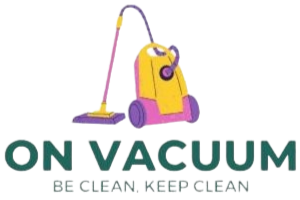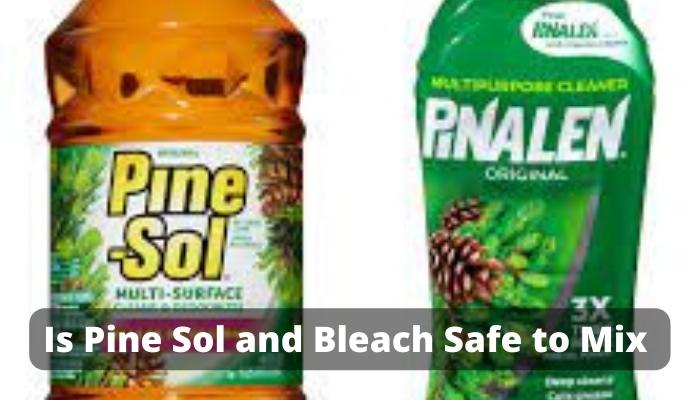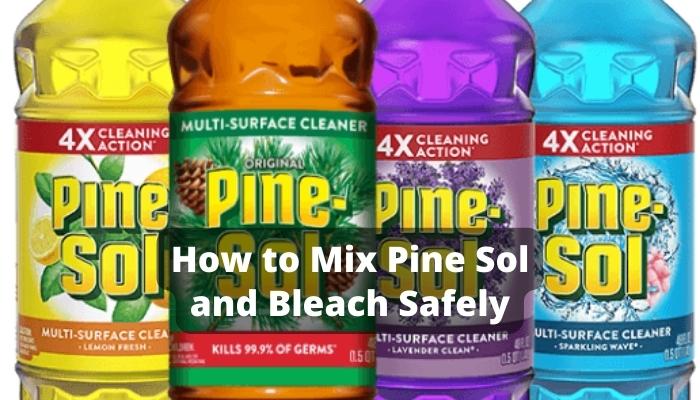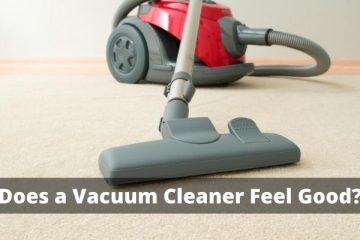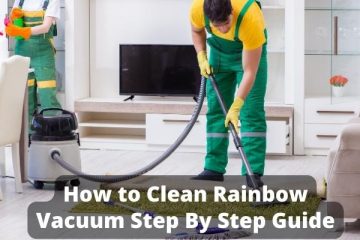Discover the crucial safety information on mixing Pine Sol with bleach. Read our comprehensive guide to protect your home and health from potential chemical hazards.
Introduction to Cleaning with Pine Sol and Bleach
In the realm of home cleanliness, there’s a duo that’s been around the block: Pine Sol and Bleach. These two have been the go-to for generations, earning their place in the cleaning caddy for their knockout ability to cleanse and purify. Yet, as with any household hero, they come with their own set of guidelines.
While they’re champs at banishing grime and germs, it’s crucial to handle these agents with an informed touch. Delving into their chemical makeup and staying savvy about the do’s and don’ts can help sidestep any cleaning mishaps. Let’s keep our homes safe and spotless by using these tried and true cleaners wisely.
The Popularity of Pine Sol and Bleach as Cleaning Agents
Pine-Sol has been a go-to cleaner for generations, renowned for its multi-surface cleaning power and fresh scent. Similarly, bleach is known for its unmatched ability to whiten fabrics and sanitize surfaces, making it an indispensable tool in the fight against germs.
Common Myths About Mixing Cleaning Products
Despite the effectiveness of these cleaners, a prevalent myth suggests that combining cleaning agents like Pine-Sol and bleach can enhance their cleaning power. This is a dangerous misconception, as mixing different cleaners can lead to hazardous chemical reactions.
The Chemistry Behind Pine Sol and Bleach
Understanding the chemical makeup of these products is crucial to using them safely.
What is Pine Sol Made Of?
Pine Sol’s cleaning prowess is due to its surfactants, which dissolve dirt and grease, and its pine oil, which gives it its distinctive scent and additional cleaning power. It is designed to be used on a variety of surfaces without leaving harmful residues.
The Active Ingredients in Bleach
Bleach’s primary component is sodium hypochlorite, a potent disinfectant that kills bacteria and viruses. It is highly effective on its own and does not require the addition of other cleaning agents to do its job.
The Dangers of Mixing Pine Sol and Bleach
Combining Pine Sol and bleach is not only unnecessary but also potentially dangerous.
Chemical Reactions and Toxic Gases
Mixing these two can lead to the release of chloramine gas. This toxic vapour can cause respiratory issues and other health problems.
Health Risks Associated with Chloramine Vapors
Inhaling chloramine vapours can lead to shortness of breath, chest pain, and irritation of the throat, eyes, and nose. In severe cases, it can result in pneumonia or fluid in the lungs.
Safe Cleaning Practices with Household Products
To avoid the dangers of mixing chemicals, it’s essential to adhere to safe cleaning practices.
Alternatives to Mixing Pine Sol and Bleach
Using these products separately is the best way to harness their cleaning abilities safely. Allow adequate ventilation when cleaning, and follow all label instructions.
Tips for Using Cleaning Products Safely
Always read the label, use appropriate amounts, and never combine different cleaners. Ensure proper ventilation and wear protective gear if necessary.
First Aid and Emergency Responses
Knowing how to respond to accidental mixtures of cleaning products can be life-saving.
What to Do If You’ve Mixed Pine Sol and Bleach
If you accidentally mix these cleaners, evacuate the area immediately and seek fresh air. Do not try to neutralize the mixture yourself.
When to Seek Medical Attention
If you experience difficulty breathing, persistent cough, or eye irritation after exposure to mixed cleaners, seek medical attention promptly.
Preventative Measures for Safe Cleaning
Preventing accidents is key to safe cleaning practices.
Proper Storage of Cleaning Chemicals
Store cleaning products in their original containers, away from children and pets, and never transfer them to unmarked containers.
Educating Others on Safe Cleaning Habits
Sharing information about the safe use of cleaning products can help prevent accidents in your community.
Deciphering the Safety Information on Cleaning Products
Each product label contains a wealth of information, from ingredients and potential hazards to first-aid instructions. The key is to read thoroughly and understand symbols like the corrosive, toxic, or flammable signs that indicate the nature of the risks associated.
The Importance of Following Manufacturer Instructions
Manufacturer instructions are not merely suggestions; they are guidelines for safe and effective use. Adhering to these instructions ensures that the product performs as intended and mitigates the risks of accidents and chemical exposure.
Professional Advice on Household Cleaning
Seeking guidance from professionals can ensure that your cleaning practices are both safe and effective.
Expert Opinions on Mixing Cleaning Products
Professionals in the cleaning industry universally caution against mixing products like Pine Sol and bleach. Their advice is to use products as intended and never to experiment with mixtures that could result in harmful reactions.
Recommended Cleaning Routines Without Chemical Risks
Experts recommend establishing a cleaning routine that prioritizes safety and effectiveness. This includes using single-product applications and allowing for proper dwell time — the time a product needs to remain on a surface to disinfect properly.
Environmental Impact of Cleaning Products
The use of cleaning agents also extends to the environmental consequences post-use, as chemicals can enter waterways and soil.
Eco-Friendly Alternatives to Hazardous Chemical Mixes
There is a growing demand for green cleaning products that offer the same level of cleanliness without the environmental toll. These alternatives often use ingredients that are biodegradable and non-toxic to aquatic life.
How to Dispose of Household Chemicals Safely
Proper disposal of household chemicals is as important as their safe use. Many communities offer hazardous waste collection services to prevent environmental contamination and promote recycling when possible.
Conclusion: Prioritizing Safety in Household Cleaning
In conclusion, while Pine Sol and bleach remain popular for their cleaning prowess, the safety concerns around their use, especially in combination, are significant.
Summarizing the Risks of Mixing Pine Sol with Bleach
The risks of mixing Pine Sol with bleach cannot be overstated. The potential release of toxic gases poses immediate health risks and underscores the need for caution.
Final Thoughts and Best Practices for Home Sanitation
The cornerstone of home sanitation is safety. By following product guidelines, seeking professional advice, and considering the environmental impact, you can maintain a clean and safe home.
